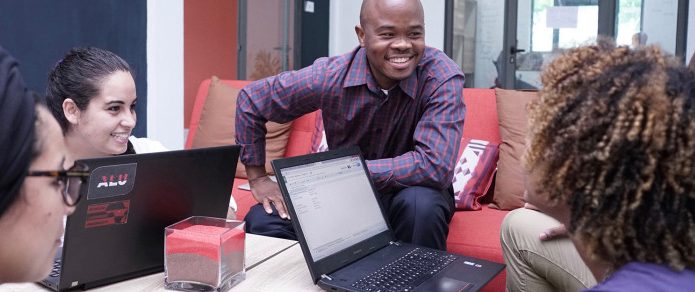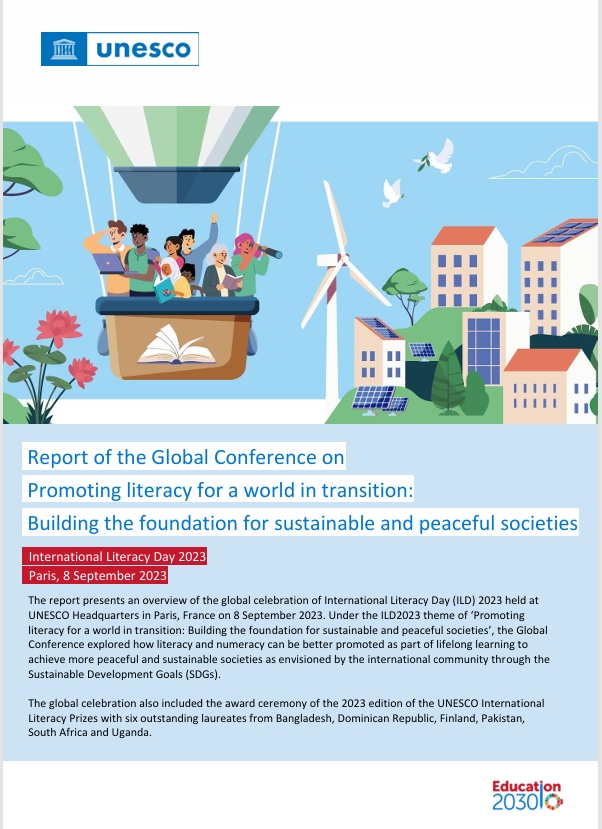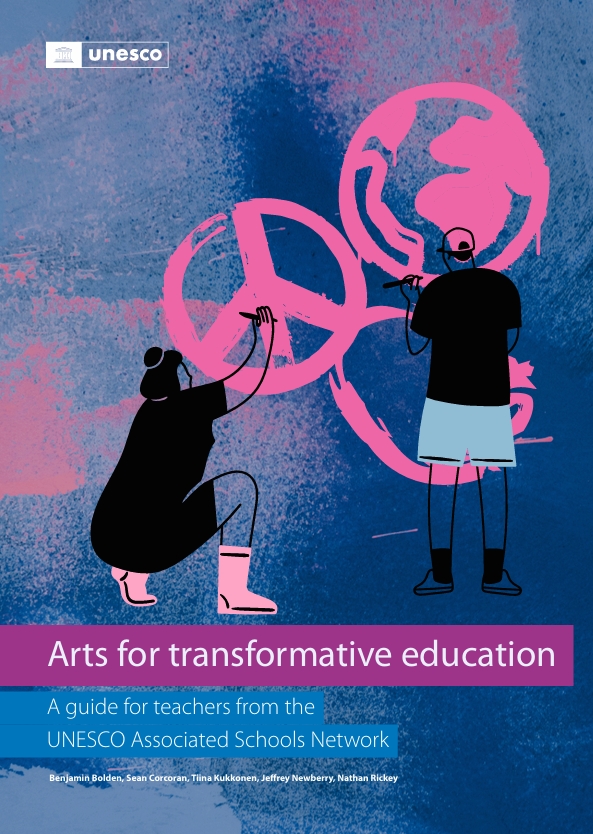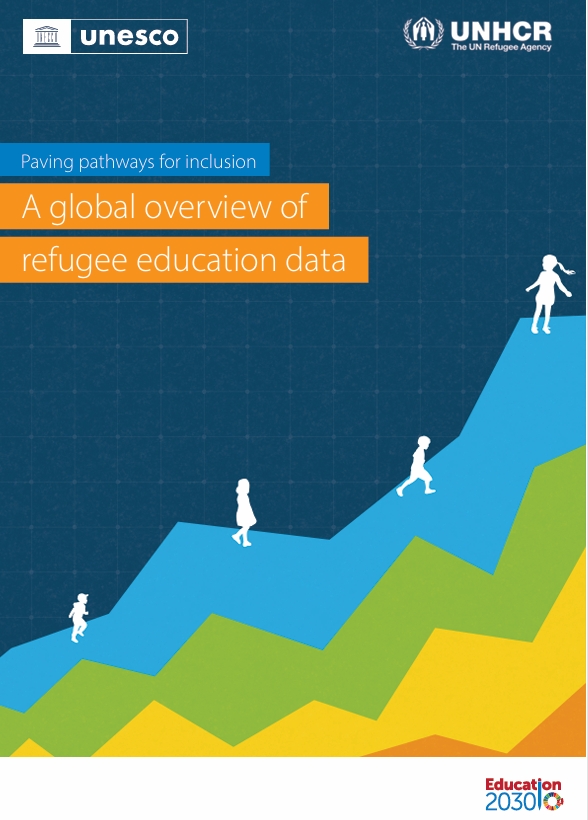Story Source: Fortune ~ Go to Original Article
As I meet with senior executives around the globe, one concern haunts them more than any other: the deficit in the leadership talent necessary for their companies to compete in today’s highly dynamic, uncertain, and volatile world. Organizations of all stripes are increasingly realizing that the education system that propelled their success in the past is failing to produce the entrepreneurial and collaborative problem-solving talent necessary to thrive in the future.
Ten years ago, who would have imagined that jobs like “drone operator,” “virtual reality producer,” or “machine learning engineer” would have existed? The growing influence and efficacy of artificial intelligence, digitization, and automation means that the pace of such change is getting faster and faster………………..






